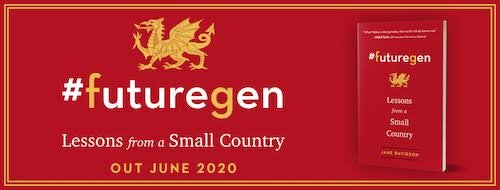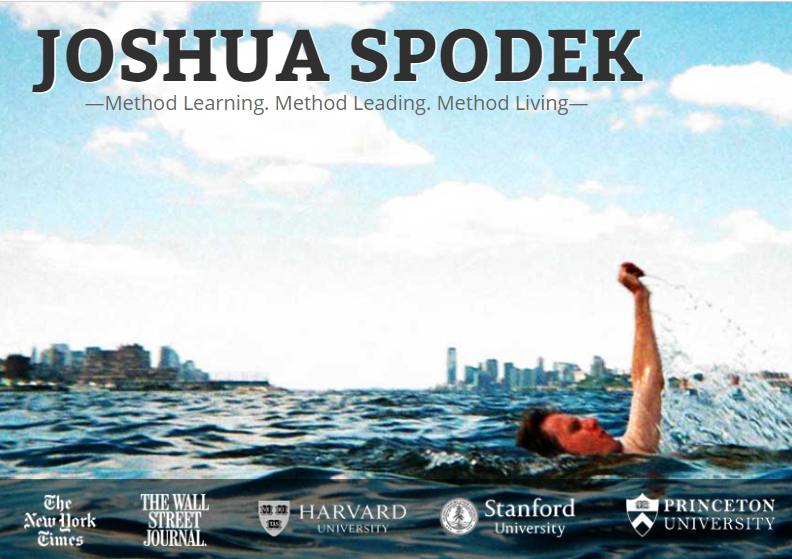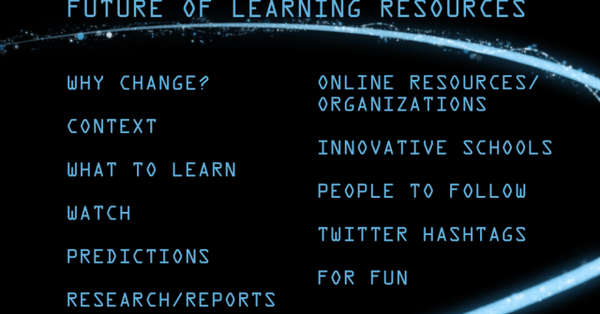This post is brought to you by Jane Davidson, author of #FutureGen: Lessons from a Small Country. In this post Jane shares her reflections on the current exam debacle in the UK - and what might be possible if we were to focus on “ real educational reform, using that trinity of teachers, parents and curriculum to introduce the skills and competences to build resilience and hope in this fragile world.”
Why we need a human face to education for the sake of us all
Education is a long game, taking many years to demonstrate results of interventions. A national curriculum change for school-aged pupils for example may only impact many years later and will take 15 years to deliver in the UK – the equivalent of three political administrations, each of which is likely to tinker with the proposals. As someone who has been a teacher and an Education Minister, parent and school governor, I believe that the three core pillars of a good education system are the curriculum, (content), the parents who recognise that education gives people the chance to reach their potential (expectation) and the teachers - highly qualified trusted professionals (expertise). Perhaps I should have put teachers first, as a high performing education system needs high performing professionals who have the autonomy and confidence to instill a love of learning and who are trusted to deliver. Students always remember the teachers who inspired them, who cared about them, who respected them, who challenged them and made them think, who encouraged them to perform beyond their own expectations. Teachers are among the most trusted professionals when the public are surveyed - and politicians among the least trusted - so perhaps it’s no surprise that students and young people rallied behind their teachers and against the UK Government in the debacle we have just witnessed here in the last couple of weeks over A levels, our university entry qualifications.
Essentially the crisis arose because COVID 19 made the risks of public examinations so great that governments in the four countries across the UK, each of which has responsibility for their education systems, had to find a fair mechanism to award marks to students in absentia in a system predicated on examination results, in the full knowledge of the consequences that would have for those students’ next career steps – particularly university applications to prestigious universities in prestigious subjects.
In such an exceptional year, it seemed to me from the outset that once that decision was made to cancel the exams, the logical action would be to rely on teachers’ predicted grades for this year. As an exceptional year, the results could be discounted in the trend data as it would be a statistical outlier. Had that been done immediately following the announcement, and explained, it would have been justifiable decision and had the support of young people and parents. Instead, the UK Government supported the proposal for a ‘robust and fair’ algorithm to be used that purported to tackle the problem and to avoid ‘grade inflation’. Unfortunately, on closer scrutiny, once Scotland’s results were published, the first country to do so, it became clear that the algorithm results led individual talented students who had never had less than an A in their lives being given grades as low as C and losing their university places as a result. Tearful interview after tearful interview with young people on television demonstrated quickly that rather than a leveling up, this was a leveling down. Scotland announced within days that they would use predicted grades. Despite this, the UK Government pushed on with the algorithm and only after Wales and Northern Ireland also announced they would use teachers’ grade predictions, did the UK Government capitulate – but by then they had a whole new set of problems of their own making; private school pupils in small classes who had benefitted from the algorithm by 4.9% on average were allowed to keep their grades thus leading to universities having insufficient capacity to accommodate both groups – those who had benefitted from the algorithm and those who benefitted from the teachers’ grade predictions.
How did it come to this? In many ways, it is a metaphor for our times. Algorithms are not unbiased; by their nature they build in their designers’ preferences. Deloitte US says ‘algorithm design is vulnerable to risks such as biased logic, flawed assumptions or judgments, inappropriate modeling techniques, coding errors and identifying spurious patterns’ We know this, yet we allow our daily lives to be ruled by algorithms in terms of who we see on social media, which box our emails are in, how we travel from place to place, what music we listen to. There is human bias in human data; it is a human construct but without humanity - or empathy. At its heart, this was a political problem needing a political solution. The focus of all governments should have been on shoring up life chances for the next generation in these exceptional times and trust in those delivering educational opportunities must be at the core of that.
I’ve spent years feeling that my generation is a bad ancestor. The post-war generation wanted their children to succeed to make up for their ultimate sacrifice; for us to have lives without war, without want, with opportunity, with full employment, with decent housing. We should be that standard-bearer for the next generation, but instead what I see today is young people who are poorer, less likely to be home-owners or to have pensions than my generation. If you’re under 30 now, you have probably acquired thousands in student debt. You and your friends are probably furloughed, with your education on hold, living in poor accommodation and worried about losing your job later this year. Your job applications will be assessed by algorithm and the same effect will happen to bright young people in the job market as just happened to those bright A level students in the UK whose zip code determined their performance. The system will write you off. It is unsurprising that more of you are seeking mental health support than ever before. I heard a newscaster say this week, ‘I don’t want to sound apocalyptic, but do we just have to write this generation off?’ Emphatically no, but how on earth did it come to this?
It is government which sets the tone and the agenda in a democracy. A re-set post-COVID 19 must ensure that future generations do not pay a further price for the failings of the current one. The governments of all nations have been given a once in a life-time chance to build back better. As John Rawls, the American philosopher says, ’do unto future generations what you would have had past generations do unto you.’
John Rawls’ philosophy has guided my life and work, so I was delighted that in Wales, my proposal for a law to protect the rights of future generations, was carried through by the Welsh Government and the National Assembly for Wales - the first country in the world to make such a commitment. The Well-being of Future Generations (Wales) Act came into law in 2015. The legal obligations cross all key Welsh Government responsibilities: health, education, prosperity, climate change, environment, energy, culture, communities, equality and global presence. The government itself must deliver on its obligations as must all the public services it funds, including local authorities. How they deliver is also enshrined in law – they must think long-term, preventatively, collaborate with others, integrate their outcomes and involve those affected by decisions. Importantly, the government does not mark its own homework: there is an independent Future Generations’ Commissioner and Auditor General to apply external pressure, as ultimately can the courts.
Education systems are always a target for reform. The clear message from this year is that trust in the education system will only be maintained if we put the human face back into it and we trust our teachers again; that we need new assessment methodologies to assess for learning rather than what is learnt and that a single set of exams should never again be allowed to determine young people’s futures. Such a blunt instrument should be consigned to the bin and in its place, let’s have real educational reform, using that trinity of teachers, parents and curriculum to introduce the skills and competences to build resilience and hope in this fragile world.
Author: Jane Davidson, author of #futuregen: lessons from a small country , published by Chelsea Green in the US and Canada on 20th August 2020.






























